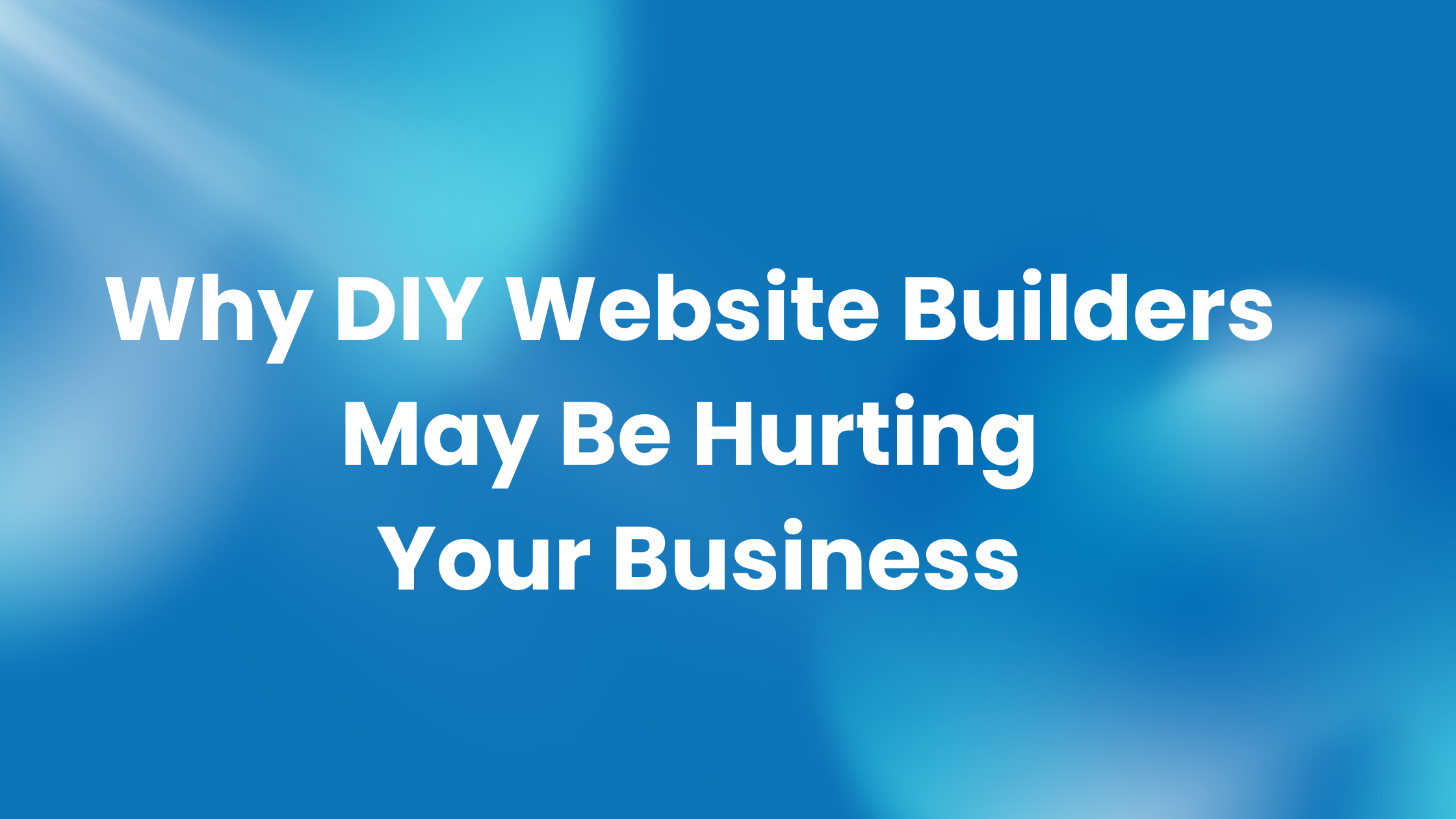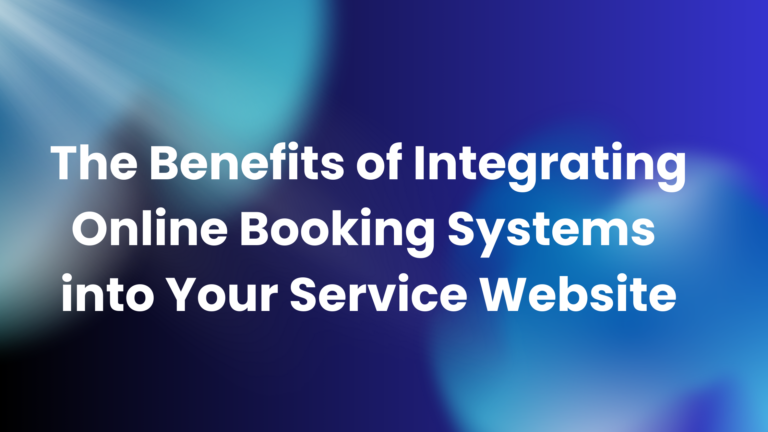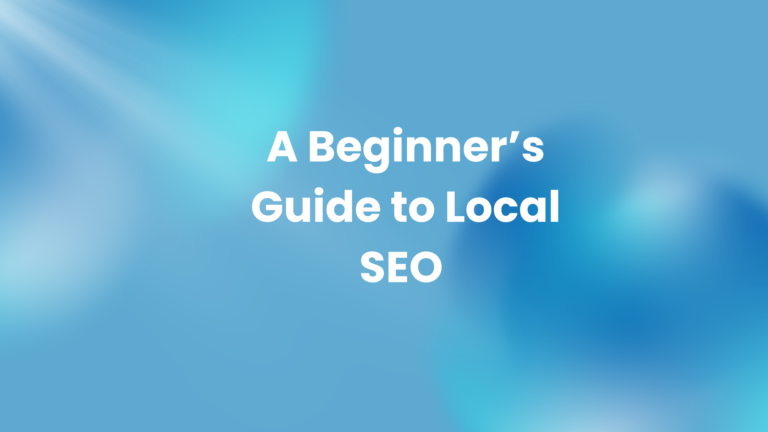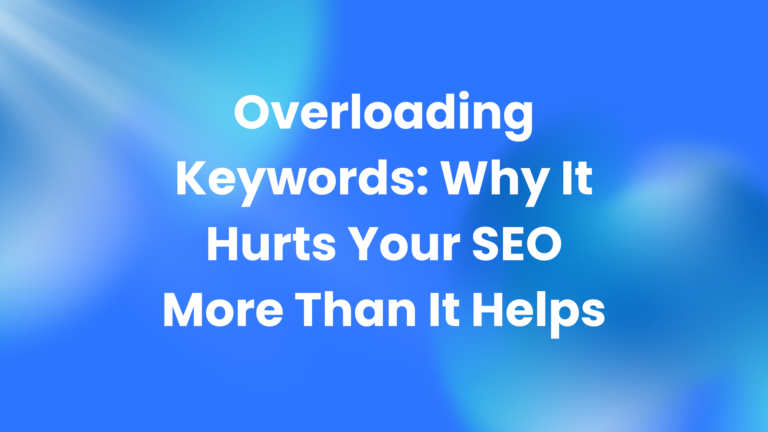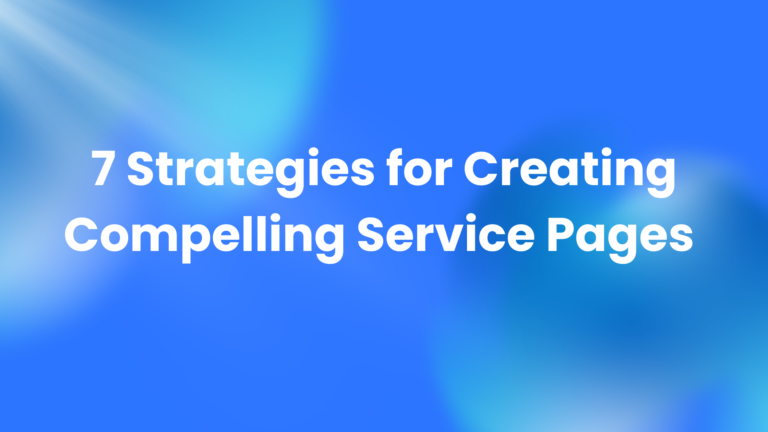Why DIY Website Builders May Be Hurting Your Business
In an era where having an online presence is crucial for success, many small business owners turn to DIY website builders as a quick and cost-effective solution. These platforms promise simplicity, affordability, and the ability to get your business online in just a few clicks. However, while DIY website builders may seem like an attractive option, they often come with hidden drawbacks that could be hurting your business in the long run. Let’s explore why relying on these tools might be doing more harm than good.
Lack of Customization
One of the most significant limitations of DIY website builders is the lack of customization. These platforms offer a range of templates that may look appealing at first glance. But they are often generic and not tailored to the specific needs of your business. As a result, your website may end up looking like countless others, making it difficult to stand out in a crowded market. Moreover, the limited customization options can prevent you from fully expressing your brand’s unique identity, which is crucial for building a strong connection with your audience.
Poor SEO Performance
Search engine optimization (SEO) is essential for driving organic traffic to your website. Unfortunately, DIY website builders often lack the advanced SEO tools and capabilities needed to optimize your site effectively. While they may offer basic features like meta tags and keyword fields, these are not enough to compete in today’s competitive digital landscape. Without proper SEO, your website may struggle to rank in search engine results, making it harder for potential customers to find your business online. In the end, poor SEO can lead to missed opportunities and lost revenue.
Limited Functionality
DIY website builders are designed to be user-friendly, which often means sacrificing functionality for simplicity. While this makes them accessible to non-tech-savvy users, it also limits the potential of your website. For example, you may not have access to advanced features like custom forms, complex integrations, or dynamic content. As your business grows and your needs evolve, these limitations can become a significant hindrance, forcing you to switch platforms or invest in costly third-party solutions to fill the gaps.
Slow Website Loading Times
Website speed is critical to the user experience and your search engine rankings. Unfortunately, DIY website builders are notorious for producing slow-loading sites. This is often due to bloated code, unoptimized images, and the use of shared hosting environments. Slow loading times not only frustrate visitors but also lead to higher bounce rates, where users leave your site before it even fully loads. Additionally, Google considers page speed a ranking factor, so a slow website can negatively impact your visibility in search results, further limiting your ability to attract new customers.
Limited Scalability For Your Business
As your business grows, so do your website needs. DIY website builders, however, are often not equipped to handle significant growth. Whether you need to add more products, integrate complex systems, or expand your content, these platforms may struggle to keep up. The limited scalability can lead to performance issues, making it difficult to deliver a seamless experience to your users. Ultimately, you may find yourself needing to migrate to a more robust platform, which can be a time-consuming and costly process.
Lack of Professionalism
Your website is often the first impression potential customers have of your business. A site built with a DIY website builder can sometimes lack the polish and professionalism that a custom-built site offers. This can be particularly damaging if your competitors have invested in professionally designed websites. A poorly designed or generic-looking site can give the impression that your business is small, unprofessional, or not serious about its online presence. In contrast, a professionally designed website can inspire confidence and set you apart from the competition.
Conclusion of Why DIY Website Builders May Be Hurting Your Business
While DIY website builders may seem like a convenient and cost-effective solution, they often come with significant drawbacks that can hurt your business in the long run. From limited customization and poor SEO performance to slow loading times and lack of scalability, these platforms may not be able to meet the growing demands of your business. Investing in a professionally designed website, tailored to your specific needs and goals, can provide the functionality, performance, and professional appearance that your business needs to thrive in the competitive online marketplace. In the end, the decision to move beyond a DIY website builder could be the key to unlocking your business’s full potential. Need help with your website? Get in touch and Book a call with Justified Media.


